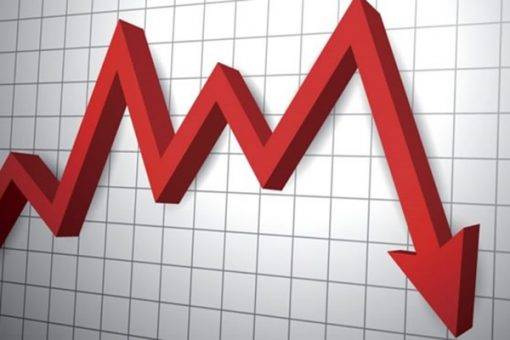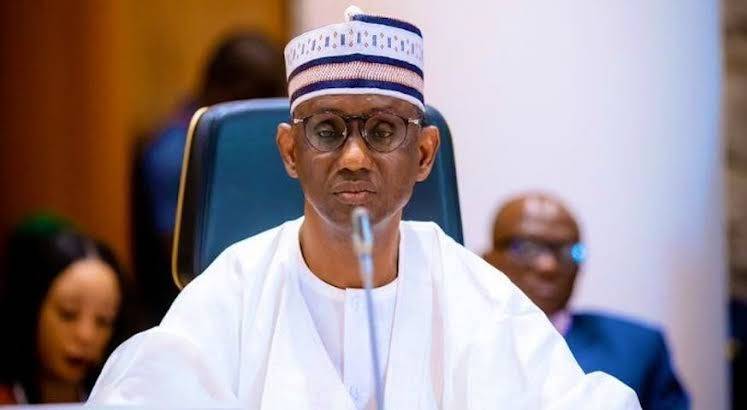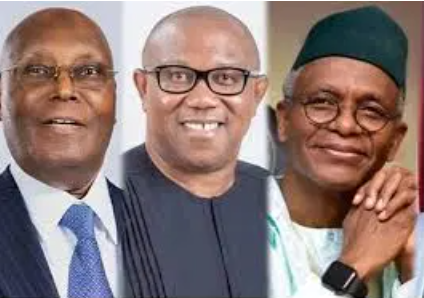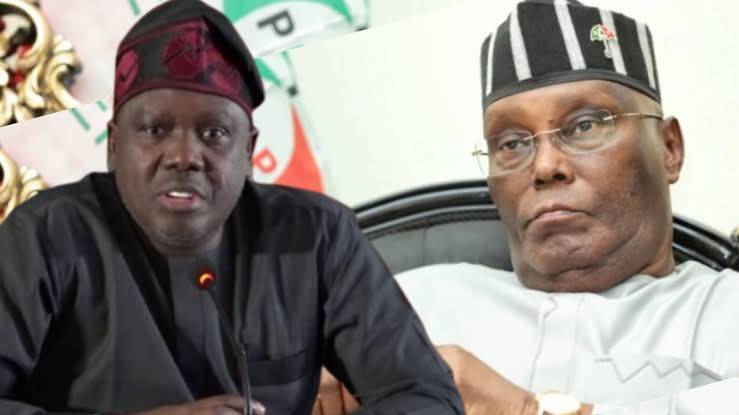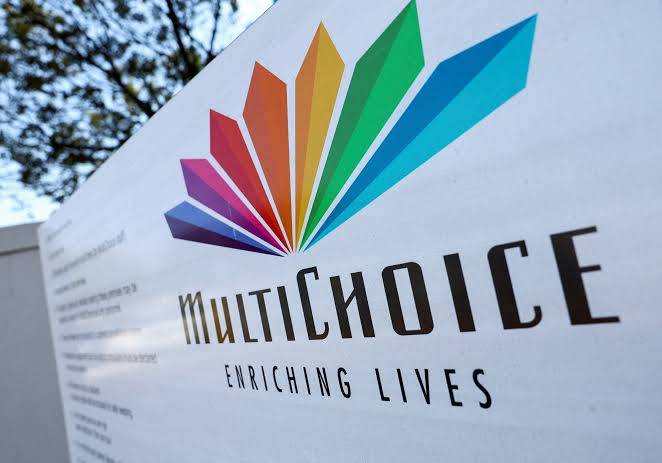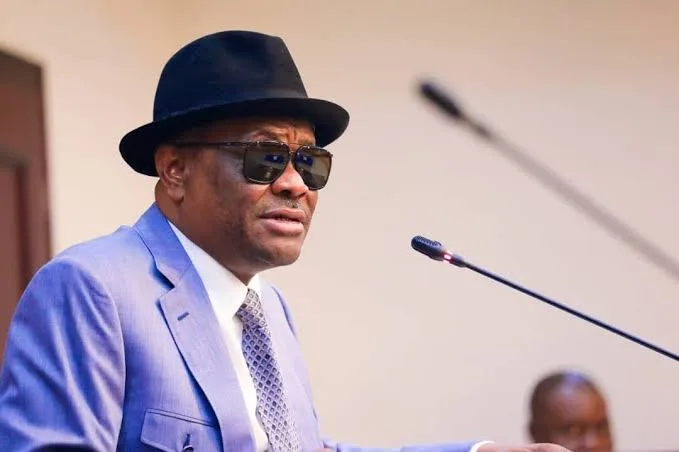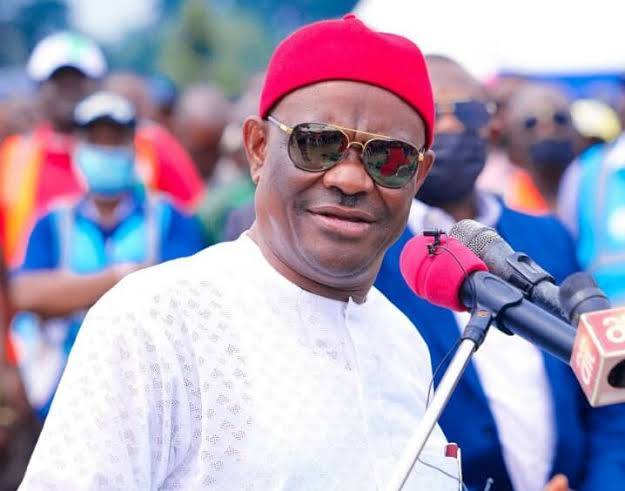By Femi Macaulay
All through the year inflation raged relentlessly. Many Nigerians struggled to cope with this reality. Sadly, there seems to be no end in sight.
In the last three months, for instance, figures from the National Bureau of Statistics (NBS) indicated that the cost-of-living crisis in the country continued to worsen. Month-on-month food inflation rate, for instance, increased in September, notably affecting prices of staples such as rice, maize, beans, and yams. There were also significant price increases in housing rentals, transport, and medical services.
Again, according to the agency, the inflation rate rose to 33.8 percent in October from 32.70 percent recorded in September. At the time, the Statistician General of the Federation, Prince Adeyemi Adeniran, said in a statement that the highest increases were recorded in the prices of “Bus Journey within the city, Journey by motorcycle, Bus journey intercity, etc. (under Passenger Transport by Road Class), Rents (Actual and Imputed Rentals for Housing Class), Meal at a local Restaurant (Accommodation Service Class), and hair cut service, woman hairbrush, women’s hairdressing, etc. (Hairdressing salons & personal grooming establishments Class).”
Yet again, a report by the bureau said inflation increased in November. The food inflation rate in November 2024, for instance, was higher than the rate recorded in October 2024, the agency said, attributing the rise to “the rate of increase in the average prices of Mudfish, Catfish Dried, Dried Fish Sardine, etc. (Fish Class), Rice, Yam Flour, Millet Whole grain, Corn flour, etc. (Bread and Cereals Class), Agric Egg, Powdered Milk, Fresh Milk, etc. (Milk, cheese and eggs Class) and Dried Beef, Goat Meat, Frozen Chicken, etc. (Meat Class).”
The alarmingly deteriorating cost-of-living crisis in the country is a bad advertisement for the Federal Government’s reforms. The government’s repetitive argument that the reforms negatively impacting Nigerians are a necessary means to a positive end can’t make sense to people who are unable to breathe because of the cost of living. The increasing prices of goods and services reported by the NBS continue to suggest that the reforms may well be counter-productive. The people want falling prices, not prices that are rising and rising.
Responding to the NBS report, the Director of the Centre for the Promotion of Private Enterprise, Dr Muda Yusuf, was reported saying, “The reality is that the dynamics driving inflation are yet to be effectively subdued.” He observed that these factors include “the depreciating exchange rate, surging fuel price, rising transportation costs, logistics and supply chain challenges, high energy cost, climate change including resultant incidents of flooding, insecurity in farming communities and structural bottlenecks to production.”
Taming inflation demands tackling these challenges, which are mainly the consequences of reforms introduced by the Tinubu administration. The World Bank said the reforms were crucial for the country’s long-term stability. “Turning back or opposing the reforms would only make things worse,” said Ndiame Diop, World Bank country director for Nigeria, at the launch of the Nigeria Development Update (NDU) report in Abuja.
Predictably, the World Bank’s position drew public criticism in a country struggling with a crushing cost-of-living crisis. However, Diop added that the ongoing reforms “must be accompanied by reforms enabling the private sector to create more and better jobs. With targeted support to youth and women.” This was a way of saying that the hard results of the Federal Government’s reforms can be softened.
At the Distinguished Personality Lecture organised by the National Institute for Security Studies (NISS) in Abuja, in October, Senator Adams Oshiomhole, a former governor of Edo State, noted that Nigerian workers were poorer now, despite the increased minimum wage. “Inflation severely impacts purchasing power, making it difficult for workers to maintain a decent standard of living,” he observed.
An interesting development underlined the reality that the minimum wage boost is not only cosmetic but also ineffectual. Sensationally, Niger State Governor Mohammed Bago made the headlines after announcing that the state would in November not only begin paying a minimum wage of N80,000 to its workers, which is N10,000 more than the stipulated new national minimum wage, but also aim to “eventually achieve a minimum wage of one million naira.” This can be interpreted as a subtle admission of the inadequacy of the new wage.
Was the governor serious? Did he expect the public to take him and his words seriously? Governor Bago of the All Progressives Congress (APC) is 50 and became governor in 2023. He was a member of the House of Representatives from 2011 to 2023. He may be dreaming of a second term which would take him to 2031. So, he may have time to reach the point of possibly paying one million naira as minimum wage in his state. But he sounded like a politician saying what he thinks the people want to hear.
Fifteen states adjusted the fixed minimum wage upward, possibly to give the impression that their governments are worker-friendly. They include Lagos and Rivers (N85,000); Bayelsa, Niger, Enugu, and Akwa Ibom (N80,000). Others are: Delta and Ogun (N77,000), Ebonyi and Kebbi (N75,000), Ondo (N73,000), Kogi and Kaduna (N72,000), Gombe and Kano (N71,000). But the variations are tokenistic. Evidently, the new national minimum wage is not a living wage in the country’s current circumstances. Nigerian workers in the public and private sectors deserve what some describe as a ‘living minimum wage.’
The Minister of Finance and Coordinating Minister of the Economy, Wale Edun, had declared that “The two critical reforms on market-based pricing of Premium Motor Spirit and foreign exchange are now at the stage of results delivery.” At an interactive session with the Senate Committee on Finance, he was reported saying, “These two pillars of the economic reforms… have taken positive shape,” adding, “I think we need to commend Nigerians for staying the course to this stage of getting benefits.”
Many Nigerians who are still struggling with the cost-of-living crisis will not agree with the minister that the country is at the stage of benefitting from the economic reforms. The minister’s assertion is not supported by the increasing prices of goods and services reported by the NBS. When inflation is deflated, the authorities will not need words to communicate that better times have arrived.
When President Bola Tinubu presented the 2025 Appropriation Bill to the National Assembly, he optimistically declared that the government would reduce inflation to 15 percent next year. Also, in his first media chat on December 23, he explained how his administration will bring down inflation from 34.6 percent. Nigerians can’t wait to see this happen.
Culled from The Nation


